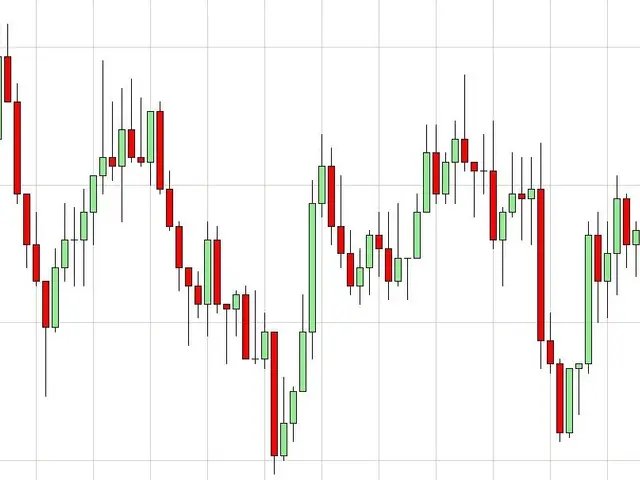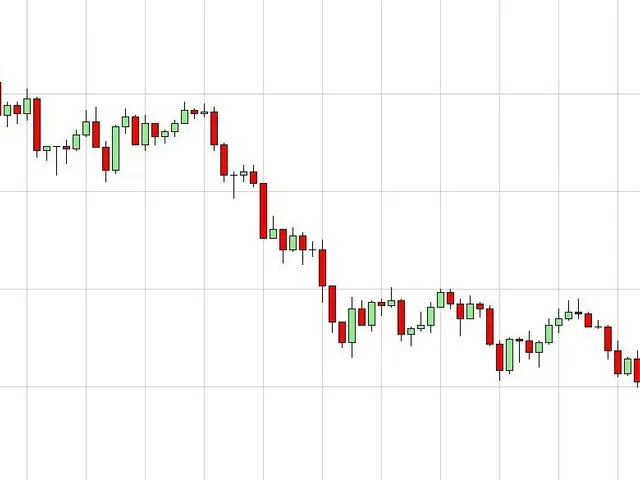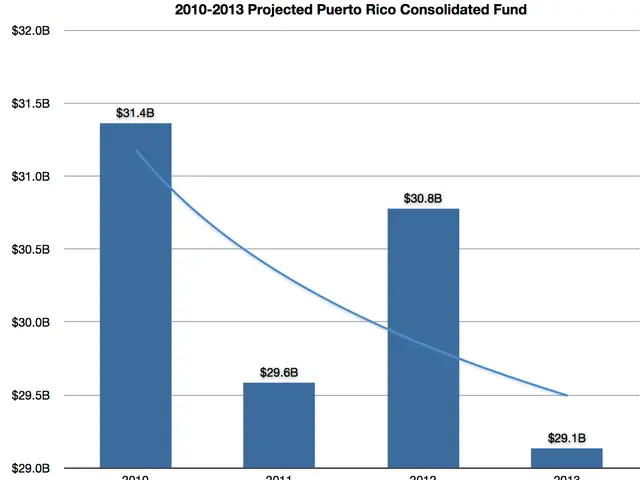Short-term SIP termination could lead to negative consequences
In the four-decade journey of the BSE Sensex, there have been periods of gains and losses, both short-term and medium-term. One such instance was from January 2004 to May 2005, when the Sensex experienced a significant swing.
During this period, the Sensex dipped from 6,026 on January 2, 2004, to 4,505 on May 17, 2004, a fall of 24%. However, over the next six months, the Sensex recovered to close at 6,035 on November 25, 2004. This demonstrates the market's inherent volatility and the importance of a flexible investment time frame.
Investing through Systematic Investment Plans (SIPs) can be an effective strategy to navigate such market swings. For instance, a Rs 1,000 SIP investment in the BSE Sensex from January 2000 would have been worth Rs 76,178 in March 2004, despite the market downturn.
The long-term benefits of SIPs compared to early cancellation include wealth creation through compounding, rupee cost averaging, discipline and behavioural advantage, flexibility, and higher returns in later years.
Wealth creation through compounding allows returns to compound exponentially, as gains get reinvested to generate their own returns. This makes money grow faster over time, especially beyond 10–15 years. Rupee cost averaging reduces the average cost per unit and smoothes out market volatility, augmenting gains over time.
SIPs enforce disciplined investing by automating contributions and removing emotional decisions, helping investors stay invested even during volatile markets. This long-term commitment is key to realizing strong returns. Flexibility allows investors to increase, decrease, or pause SIP contributions based on their financial situation, adding to their usability in long-term planning.
Typically, the returns in the last years of a long SIP tenure outperform returns made in the initial years, highlighting the advantage of patience and staying invested.
Early cancellation of SIPs, however, reduces the power of compounding and rupee cost averaging, diminishing potential returns significantly, and often involves exit loads on investments held less than one year. Short-term withdrawals may happen when immediate liquidity needs arise but at the cost of lost wealth accumulation.
Common reasons for early SIP cancellations include financial emergencies or cash flow issues, change in financial goals or priorities, market volatility and fear, better investment opportunities, and lack of awareness or understanding.
Overall, discipline and a long-term horizon are critical to harnessing SIP benefits, while impatience and early cancellations often undermine the potential wealth creation SIPs offer.
- Investing in mutual funds through Systematic Investment Plans (SIPs) can help individuals navigate market volatility, like the one experienced by the BSE Sensex from January 2004 to May 2005.
- By utilizing SIPs for personal-finance management, investors can reap the long-term benefits of wealth creation through compounding and rupee cost averaging, even during periods of market downturn.
- To fully capitalize on the benefits of SIPs, it's essential to maintain a long-term investment horizon and avoid early cancellation, as doing so can significantly diminish potential returns and the power of compounding.






